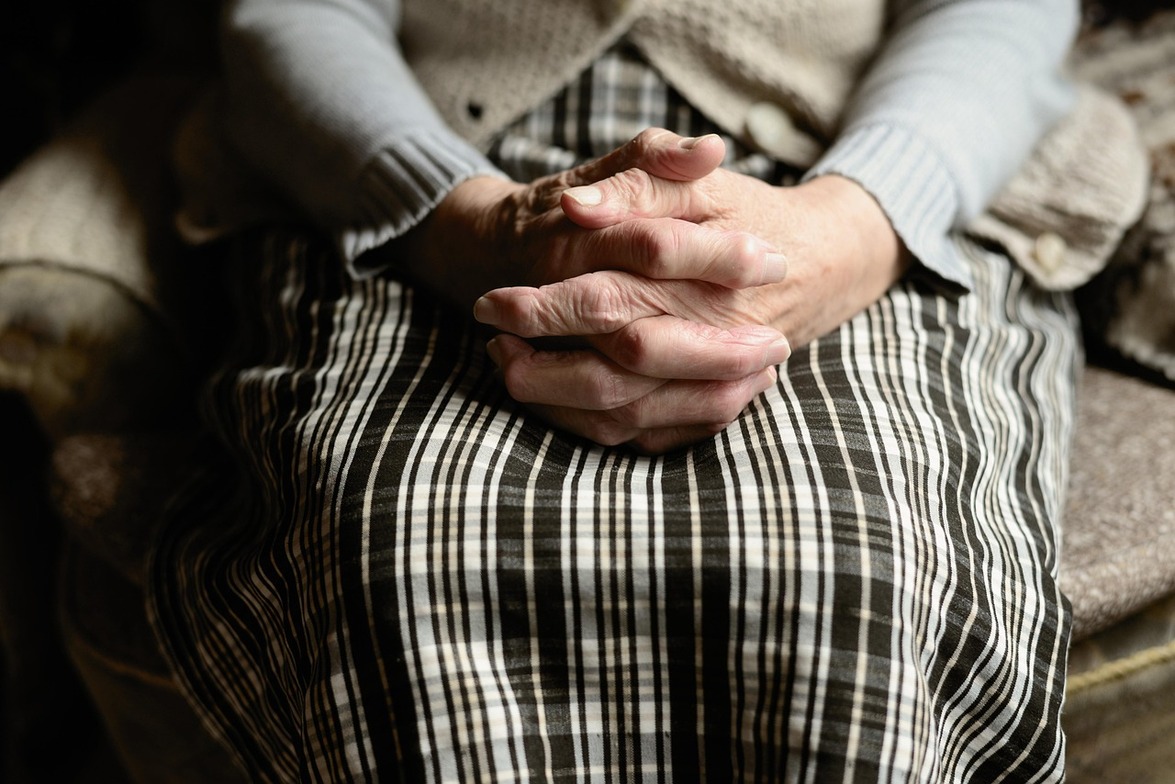
At our Ash Wednesday service last night, a large part of the liturgy was the confession of sin. Part of it went something like this: “We confess that we have sinned against you in thought, word, and deed; by what we have done, and by what we have left undone.” It’s that last phrase I think of when I read Leviticus 5:1, which says, “When any of you sin in that you have heard a public adjuration to testify and—though able to testify as one who has seen or learned of the matter—do not speak up, you are subject to punishment.”
This sounds to me like leaving something undone that ought to have been done. Often known as sins of omission, these “undonenesses” are, I think, far more prevalent than sins of commission—the doing of things that ought not to be done. In the history of the Christian faith, however, sins of commission have gotten far more airplay. Christian moralists from time immemorial have focused their attacks on the “sins of the flesh,” such as lust and greed and anger. In fact, with the possible exception of sloth, all seven of the deadly sins are active sins of commission, things that should not be done. An old joke says that a good Christian doesn’t “drink or smoke or chew, or go with girls who do.” The Baptist tradition from which I spring is notorious for its emphasis on behavioral sins such as drinking, gambling, and extramarital sex.
But what would our lives look like if we gave greater emphasis to sins of omission? Not in a self-flagellating sense, which doesn’t get us anywhere, but in an effort at spiritual and moral improvement? What if we sought to identify those good things we have failed to do in an effort to avoid those failures in the future? What would it look like if we made it a habit to watch for opportunities to serve, to speak a kind word, to do even small things to make another’s load a little lighter? Leviticus 5:1 speaks of a failure to testify when you have witnessed something; how can we bolster our courage enough to speak up when truth or our integrity or another person’s dignity is on the line?
If we were to do these things consistently, we would have less to confess, and the world would be brighter by at least a shade or two.

